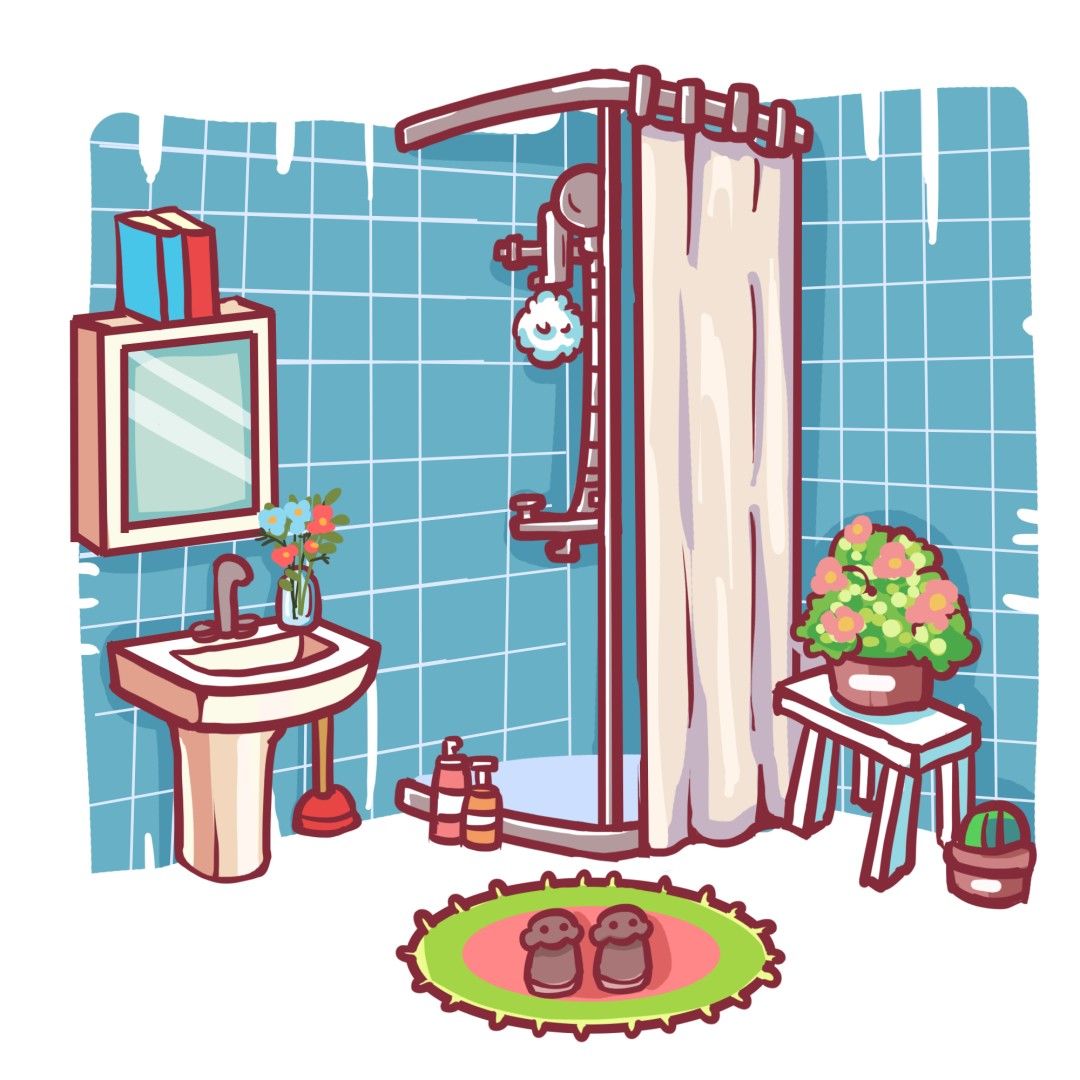
Take a hot shower
Not only can it expel the cold
It can also relieve fatigue
It’s the biggest enjoyment of the day
But
Winter is especially dry in the north
Many people have itchy skin problems
Someone thinks
A lot of bathing
It will exacerbate itching
Is this true?
How often is the best time to take a bath in winter?
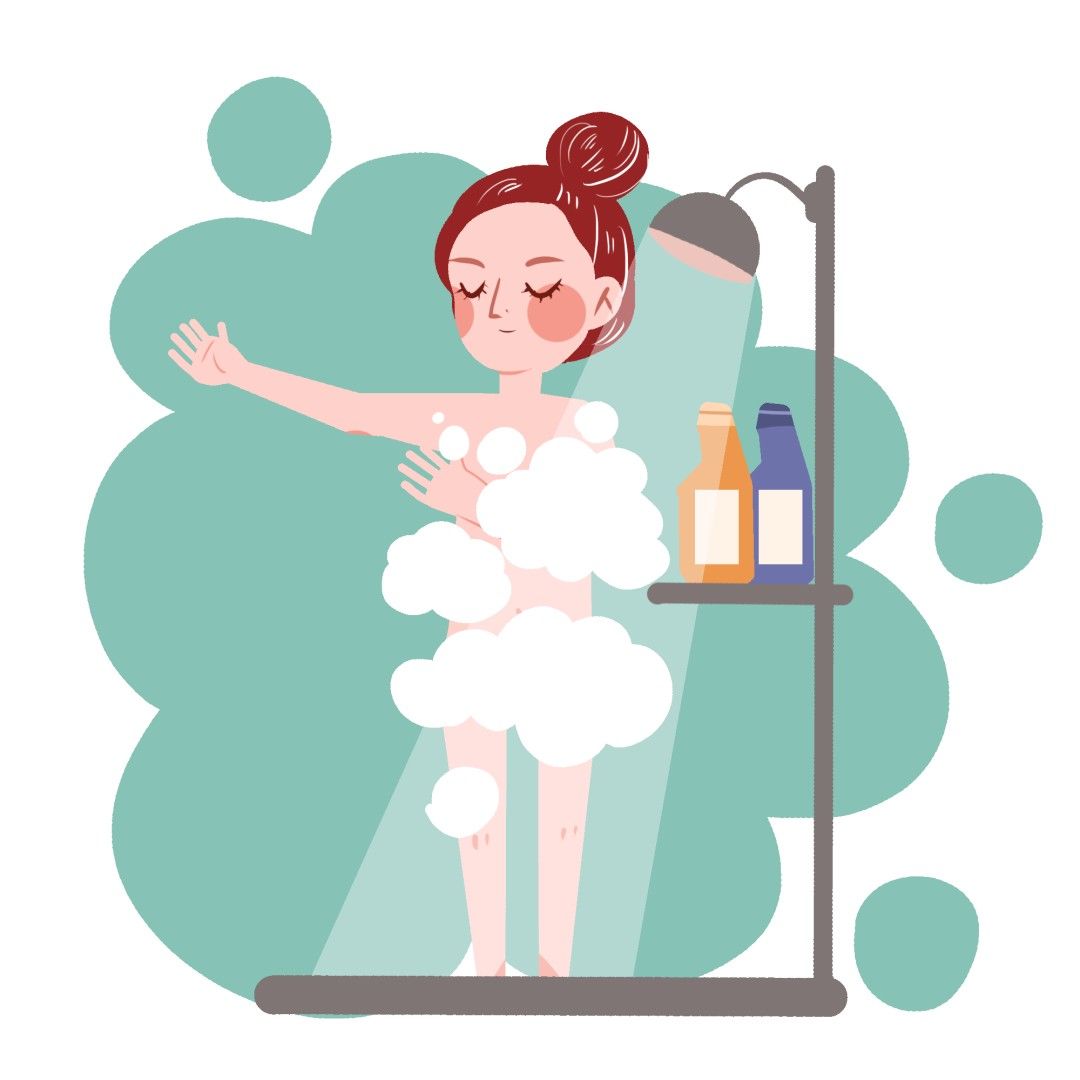
Why does the skin tend to itch when taking a bath in winter?
The outermost layer of human skin is the stratum corneum, on which there is an acidic sebum film. The fatty acids, urea, uric acid, and lactate in the sebum film have protective and moisturizing effects on the skin.
Winter is cold and the air is dry. The sweat secreted by the sebaceous glands and sweat glands of the human body is reduced, and the sebaceous membrane is also significantly thinner. The sebum film is most afraid of frequent alkaline stimulation and high temperature damage. If you take frequent baths and use a lot of body wash, the normal glial cells on the skin will fall off too much, and the sebum film will become thinner, which will lead to the protection of the skin. The barrier is damaged, causing dry itching and increased dandruff.
How often is a good time to take a bath in winter?
For young people, it is recommended to take a bath every 2 to 3 days in winter. For the elderly and infants, it is recommended to take a bath every 3 to 5 days. Minimize the use of cleaning products and take a bath with clean water.
After showering and drying your body, apply a moisturizing lotion to add a protective film to the skin to prevent dryness and itching from evaporating too quickly.
Winter safe bathing checklist
Vol.1
The temperature of the bath water should not be too high
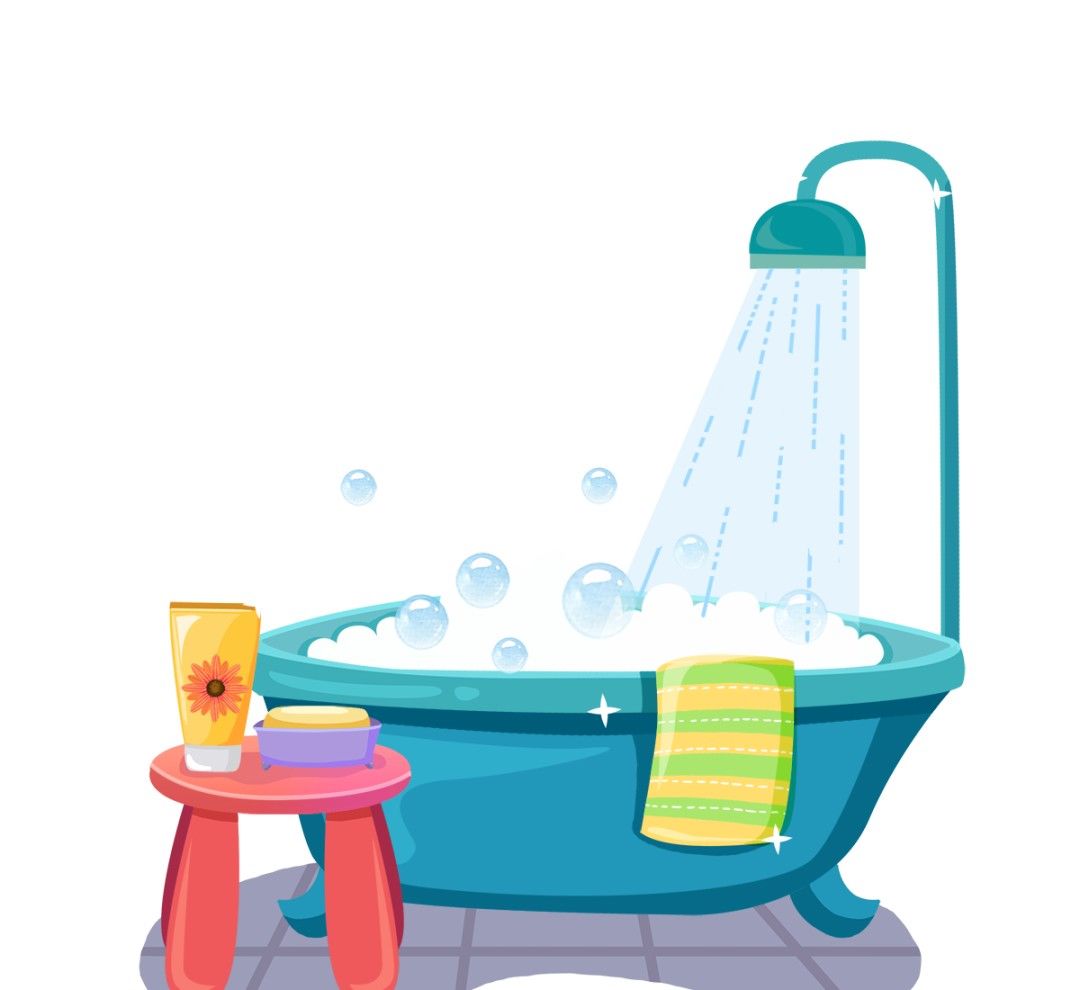
In cold weather, many people like to take a bath with very hot water, and even feel that the higher the water temperature, the better the body heat.
But hot bath water can make your skin miserable. It destroys the oil on the skin’s surface, causing capillaries to dilate and exacerbate dryness.
At the same time, too high temperature will also increase the burden on the heart, because the blood vessels in the skin of the whole body are obviously dilated, causing a large amount of blood to flow to the skin of the whole body, resulting in ischemia and hypoxia of the heart.
The appropriate temperature for bathing in winter is about 40°C. Bathing with this water temperature can best eliminate fatigue.
Vol.2
Don’t take a bath for too long
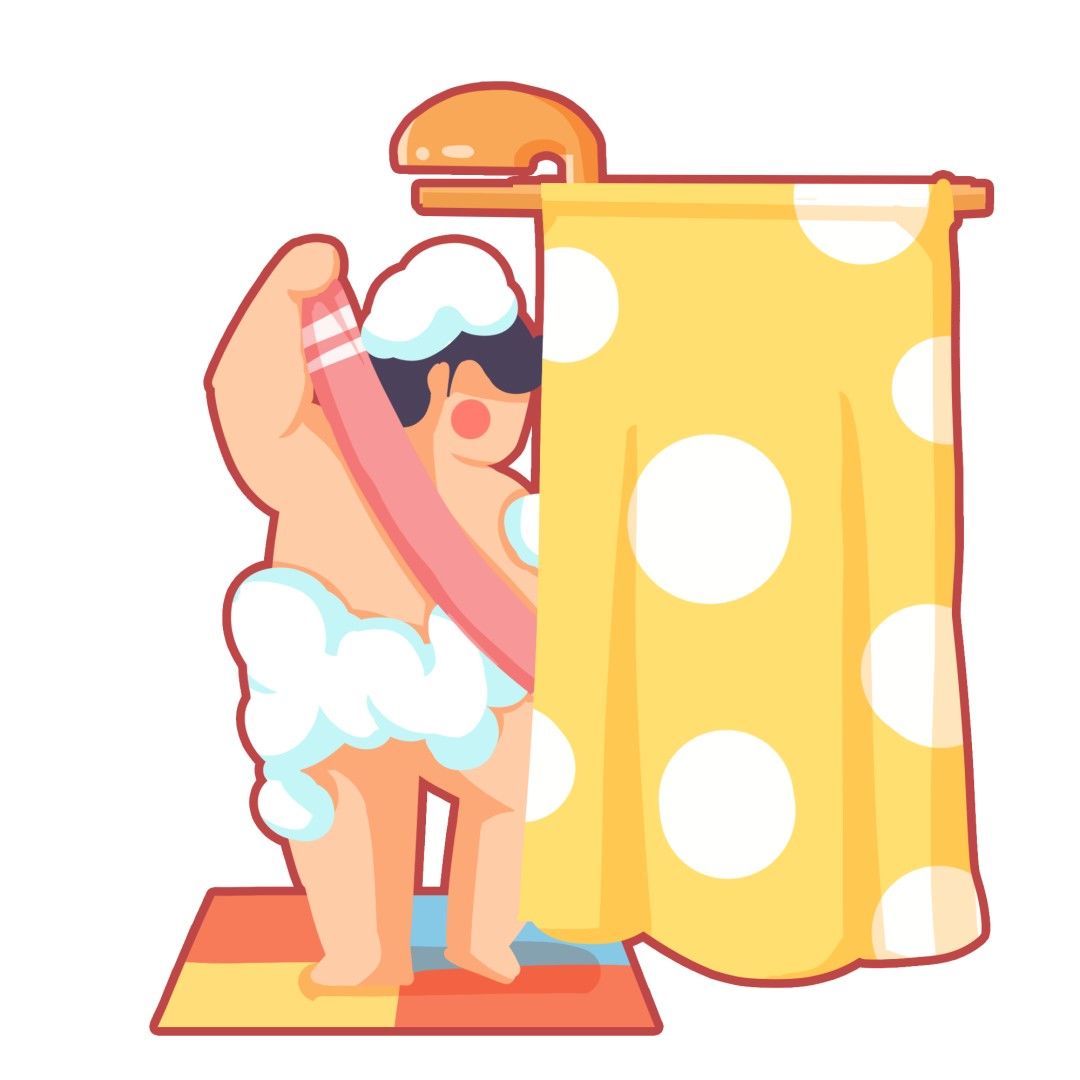
About 15 minutes of bathing time is generally appropriate. If the time is too long, fatigue, physical weakness, and cardiovascular and cerebrovascular diseases are likely to occur. People with severe hypertension, coronary heart disease, or those who are recovering from a long-term illness should be accompanied by a special person when taking a bath.
Vol.3
Appropriate ventilation is required when bathing
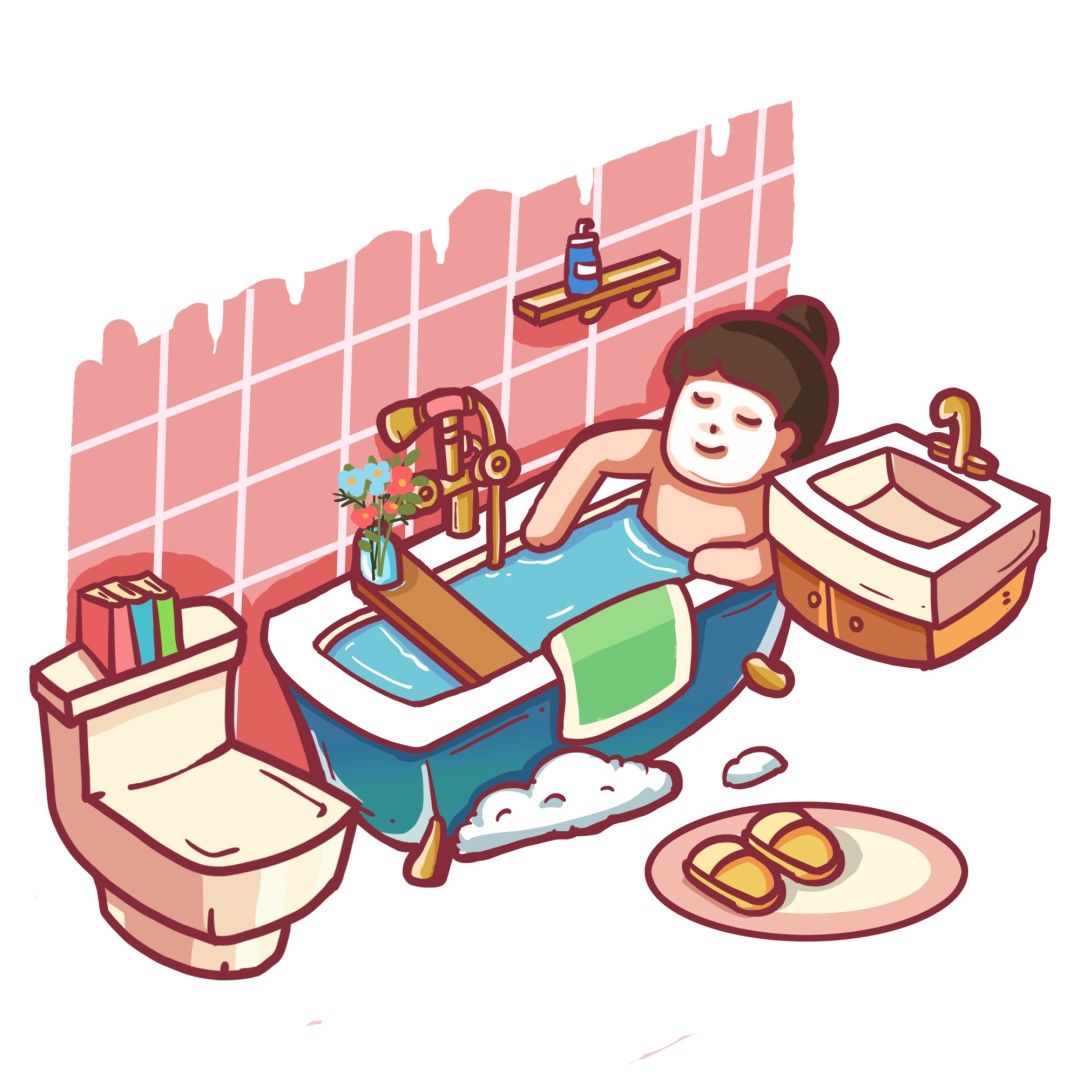
Many people like to close their doors and windows when taking a shower in winter, lest the cold air from outside sneak in. But if you use a gas water heater to take a bath, this behavior can easily lead to carbon monoxide poisoning.
Do not close the doors and windows tightly when taking a bath in winter, and be sure to come forward and take a look after more than half an hour. Otherwise, if the poisoning exceeds half an hour, it will be life-threatening.
Vol.4
It is not advisable to use a strong cleaning bath
In winter, the skin is dry and fragile. Using a strong cleansing bath will damage the skin’s protective layer and aggravate skin problems.
The bath solution must be less alkaline and neutral. After bathing, it is best to apply a layer of skin care products that can moisturize and moisturize the skin.
3 misunderstandings of bathing in winter
It is not advisable to take a bath when you are full or empty

If you take a bath immediately after a meal, due to the low blood flow in the digestive tract, it will affect the digestion and absorption of food, cause gastrointestinal diseases, and induce symptoms such as nausea, vomiting, and upper abdominal pain. Fasting can cause low blood sugar, insufficient blood supply to the brain, and cause syncope.
In addition, due to insufficient blood supply to the brain and heart, it is easy to induce cardiovascular and cerebrovascular accidents. On the other hand, it will aggravate cardiac ischemia and even cause angina pectoris or sudden death.
Suggestion: Bath time should be two hours after meals, or about 1 hour before the next meal.
It is not advisable to take a shower immediately after drinking
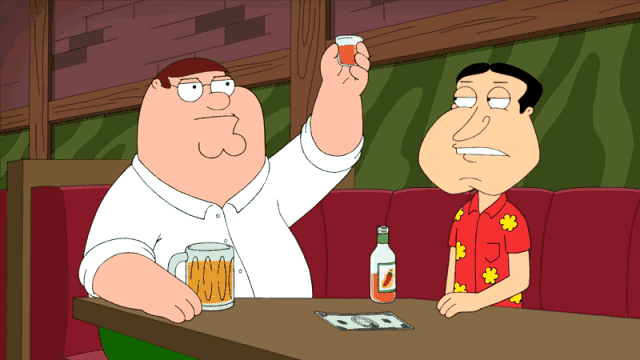
Don’t take a bath immediately after drinking, because when taking a bath, the glucose stored in the body will be consumed in large quantities due to physical activity and accelerated blood circulation, and alcohol will inhibit the normal physiological function of the liver, making it unable to store the stored glucose. Liver glycogen is converted into glucose and replenished into the blood in time, resulting in a significant drop in blood sugar levels.
It’s easy to take a bath after drinkingDizziness, vertigo, general weakness and other symptoms, severe cases even cause shock.
Suggestion: The best time to bathe is about 2 hours after drinking.
It is not advisable to take a shower after strenuous exercise
When a person is exercising vigorously, the heart rate increases and the blood flow in the muscles increases. As soon as it stopped, the body could not return to a calm state for the time being.
If you take a hot bath immediately at this time, the body will be stimulated by temperature, which will accelerate the expansion of blood vessels in the skin of the whole body, and cause the reduction of blood supply to other organs. When the blood supply to the heart and brain is reduced to a certain extent, the human body will experience transient hypotension and cerebral ischemia symptoms, especially for those suffering from hypertension, coronary heart disease and other diseases, there may be fatal accidents.
Suggestion: After strenuous exercise, slowly drink a glass of lukewarm water, rest for 20-30 minutes, and then take a bath.
(Liaoshen has a doctor who talks about medicine)